Prop trading has exploded in popularity, with traders globally exploring how to become funded, access capital, and scale their strategies. However, not all prop firms are created equal. The distinction between regulated prop firms and unregulated ones can mean the difference between protection or risk. In this post, we’ll break down what regulated prop firms are, what to watch out for in unregulated ones, and how to choose wisely.
What Are Regulated Prop Firms?
Regulated prop firms are those that adhere to formal financial oversight by regulatory authorities. They may have licenses or registration where required, and comply with rules like Know-Your‐Customer (KYC), Anti-Money Laundering (AML), fund handling transparency, and possibly audit or reporting requirements.
- If a prop firm acts like a broker (holding or moving funds, or executing client trades), or offers financial services beyond just providing evaluation challenges, it often falls under regulatory scrutiny.
- Regulation ensures trader protections: clear rules, recourse in case of disputes, and guarantees about payment, fairness, and the stability of the firm.
What Are Unregulated Prop Firms?
Unregulated prop firms are those that do not fall under the oversight of a financial regulator. Often, they claim exemption because they don’t hold client money (they only use firm capital), or their evaluation process is considered “education” rather than a financial service.
- Many unregulated firms conduct evaluations on demo accounts, and only later provide live or funded account access. Because evaluation phases don’t transfer funds, firms can argue that they don’t need licensing.
- Transparency is often lower: rules may be less clearly stated, profit splits or fees might have hidden conditions, and there may be little external auditing.
Key Differences: Regulated vs. Unregulated Prop Firms
| Feature | Regulated Prop Firms | Unregulated Prop Firms |
|---|---|---|
| Registration & Licensing | Must be registered / licensed if they perform brokerage or advisory services. | No formal licensing in many cases; operate in a “gray area.” |
| Trader Protections | Better legal recourse, clearer contracts, more transparency, segregation of funds if applicable. | Risk of disputes, hidden rules, delayed payouts, lack of recourse. |
| AML / KYC Compliance | Required in regulated jurisdictions. Firms must verify identity, monitor transactions, etc. | Sometimes minimal, delayed, or symbolic. Less oversight. |
| Fee & Profit Split Transparency | Clear payout schedules, often documented, certified. | May have unexpected fees, delays, or ambiguous splits. |
| Risk of Firm Failure / Fraud | Lower risk, though not zero. Regulators may require capital adequacy or other safeguards. | Higher risk of firm disappearing, refusing payments, changing rules after signup |
| Cost of Participation | Might be higher due to regulatory compliance costs; less marketing hype; stricter rules. | Sometimes cheaper initial fees or more promotion, but cost may show up later. |
Click Here To Automate Futures Trading On Tradovate
Why Choose Regulated Prop Firms
- Legal Recourse & Protection: If a regulated prop firm fails to meet its obligations, you may have options to seek remedy via regulatory bodies.
- Stability & Trust: Regulated entities are under oversight, often have audited financials, must follow compliance standards which increases trust.
- Fairer Terms & Transparency: Clear rules, disclosures, and consistent treatment. Rules can’t be changed arbitrarily without notice in many cases.
- Lower Risk of Scams or Hidden Traps: Many of the worst stories with prop firms deal with misleading marketing, unpaid profits, or rule changes. Regulation helps reduce those risks.
Risks & Considerations with Unregulated Prop Firms
- Lack of oversight can mean rule-changes, payout delays or refusals.
- Fees or challenge costs may be more aggressive.
- Hidden rules or contract terms can make passing evaluation very difficult.
- If something goes wrong legally (e.g. firm shuts down), recovery is harder.
How to Check If a Prop Firm Is Regulated
Here’s a checklist for verifying if a prop firm is legit and regulated:
- Check for Licenses / Regulatory Body Names on their website. See if they mention regulators like FCA (UK), ASIC (Australia), SEC / FINRA (USA), CySEC (EU), etc.
- Review Terms & Conditions closely: What do evaluation agreement, funding agreement, profit splits, drawdowns look like? Are there ambiguous passages?
- Search Customer Feedback & Reputation: Forums, Reddit, Trustpilot – see whether people report payout issues or rule changes.
- Check Ownership & Jurisdiction: Where is the firm incorporated? Which country’s laws apply?
- Watch for Red Flags: Promises that sound too good, guarantees, overly simple “get funded fast” messaging without risk disclosures.
Examples & Case Studies
- Some prop trading firms in the USA or UK attempt to register when they begin holding client funds or operating like brokers.
- Many retail prop firms avoid regulation by using “demo accounts” for evaluation and only granting live trading using firm capital, so they don’t need broker licensing.
Conclusion
Understanding the difference between regulated prop firms and unregulated ones is crucial for traders aiming to protect themselves, their income, and their effort. Regulated prop firms offer more transparency, legal protections, and stability, while unregulated ones carry higher risk—even if they seem attractive on fee or marketing grounds.
If you’re considering working with a prop firm, don’t just look at profit splits or challenge cost. Make regulation, transparency, and trust top priorities. Doing so can help you avoid pitfalls and build a more reliable path toward funded trading success.
Disclaimer:
This content is for informational purposes only and does not constitute financial, investment, or trading advice. Trading and investing in financial markets involve risk, and it is possible to lose some or all of your capital. Always perform your own research and consult with a licensed financial advisor before making any trading decisions. The mention of any proprietary trading firms, brokers, does not constitute an endorsement or partnership. Ensure you understand all terms, conditions, and compliance requirements of the firms and platforms you use.
Also Checkout: Automate TradingView Indicators with Tradovate Using PickMyTrade
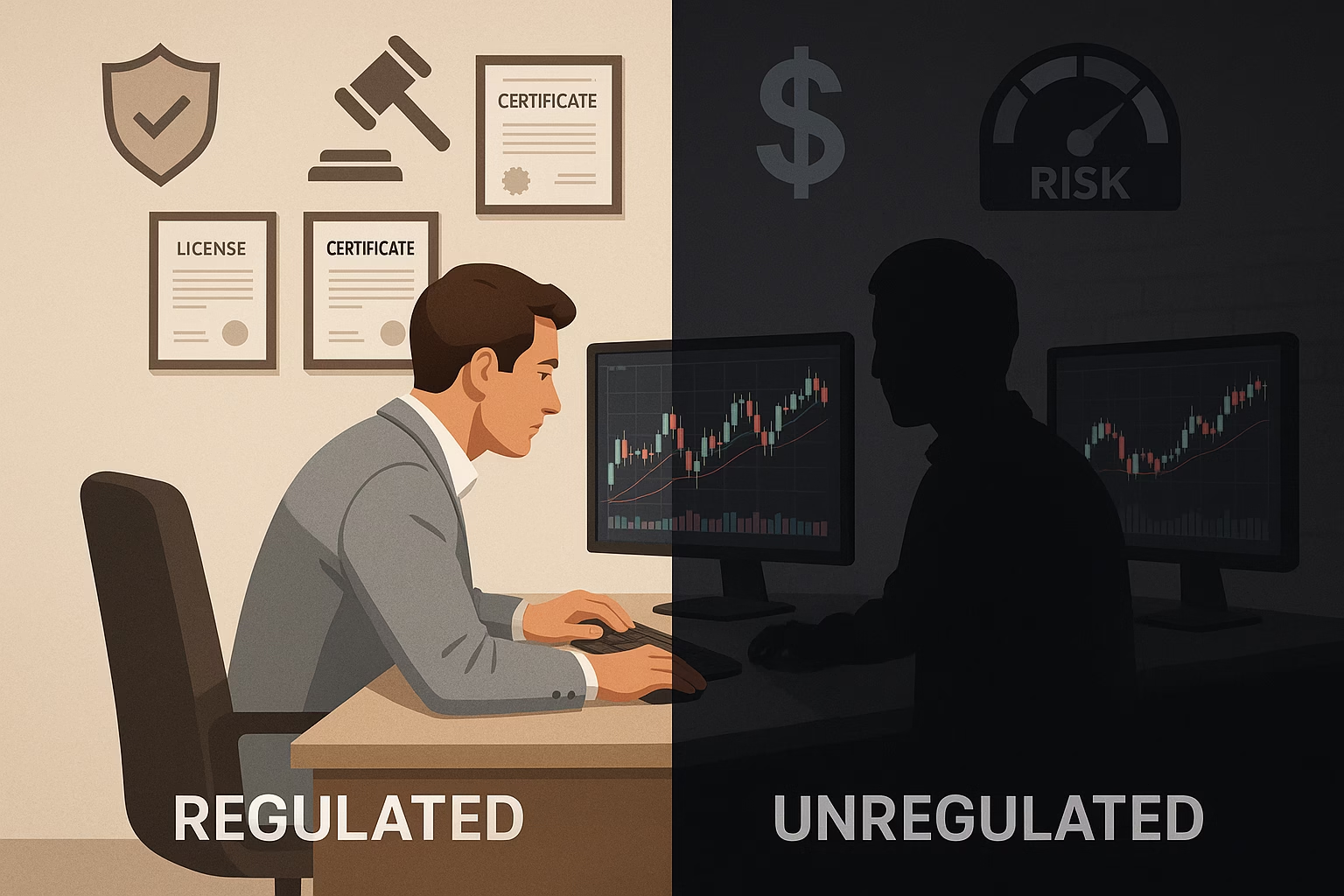
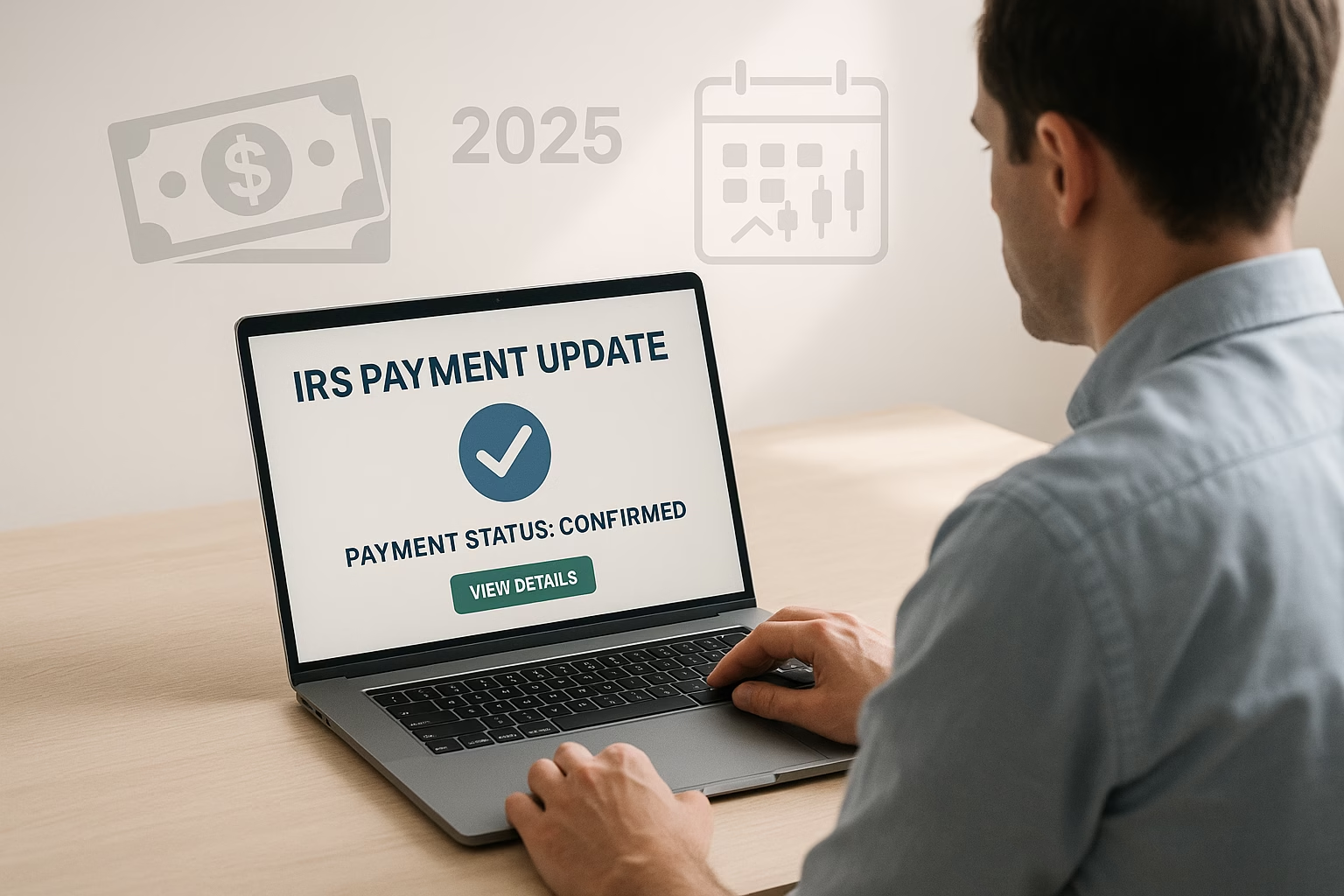
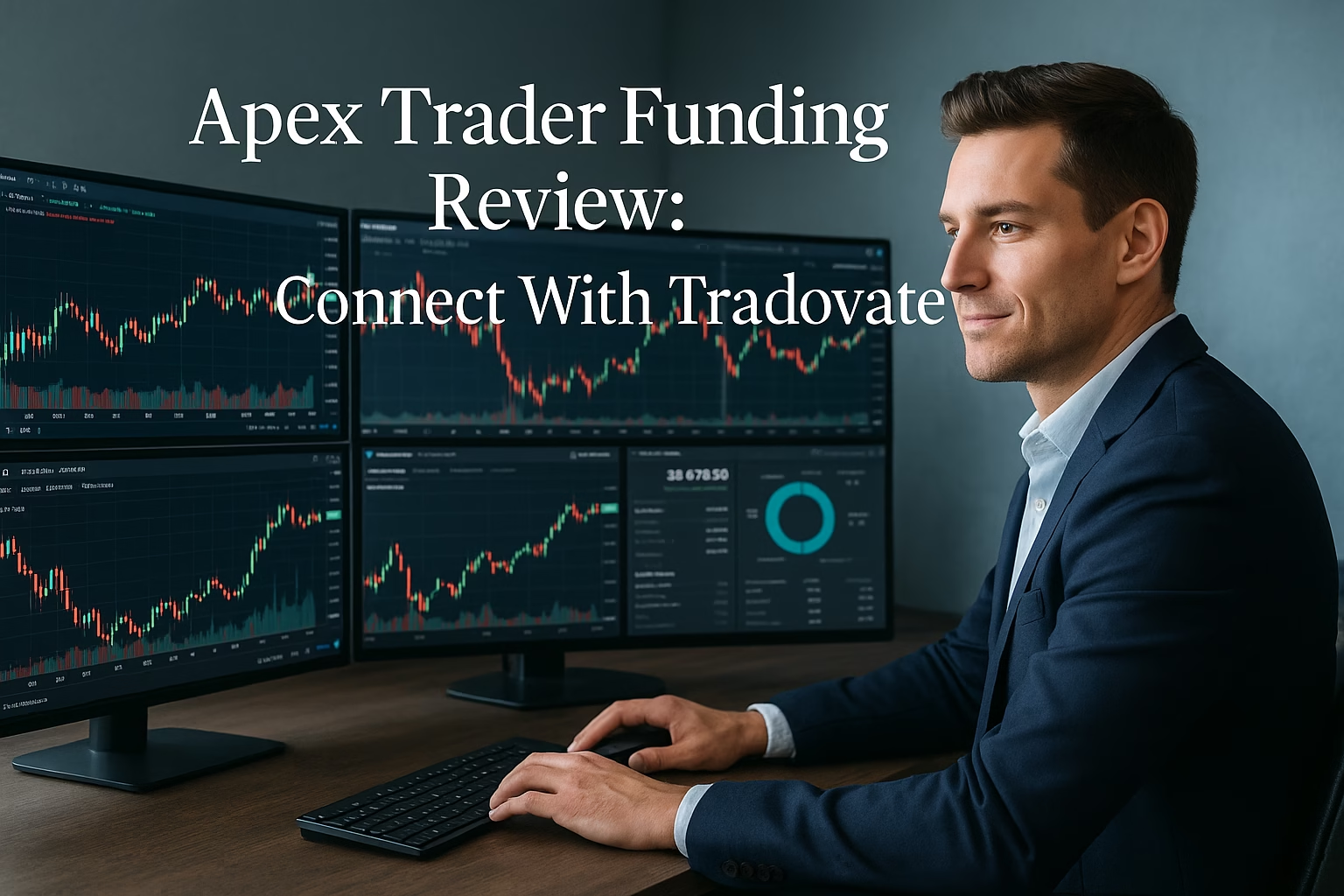
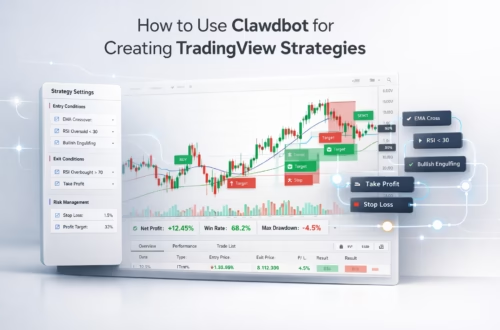

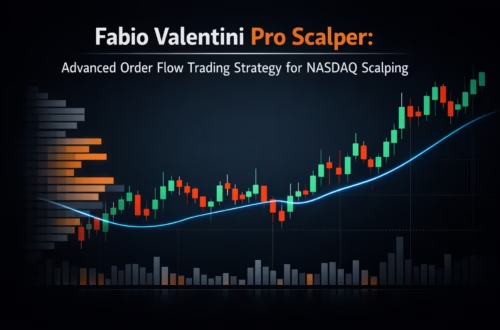
It’s interesting how unregulated firms often skirt around regulations by classifying themselves as ‘educational’ or not holding funds directly. This really highlights the importance of due diligence before committing to a prop firm, especially if you’re a newer trader looking for stability.
It’s interesting to see how regulated prop firms prioritize transparency and security, especially for new traders. With the lack of oversight in unregulated firms, it really shows how important it is to make informed choices before committing funds.
This article does a great job highlighting the importance of understanding the differences between regulated and unregulated firms. For traders who are looking to scale their strategies, it’s crucial to know the protections that come with regulatory oversight—whether that’s in terms of dispute resolution or financial transparency.
It’s really eye-opening to see how much the regulation of prop firms impacts trader protection. In a space where trust and transparency are key, it makes sense to consider how a firm’s regulatory status can affect everything from payment security to dispute resolution.
It’s interesting that some unregulated firms get away with offering ‘educational’ evaluations on demo accounts. While that might seem harmless, I can see how it sets up traders for disappointment if they’re not fully informed about what comes next. Definitely something to be cautious about.